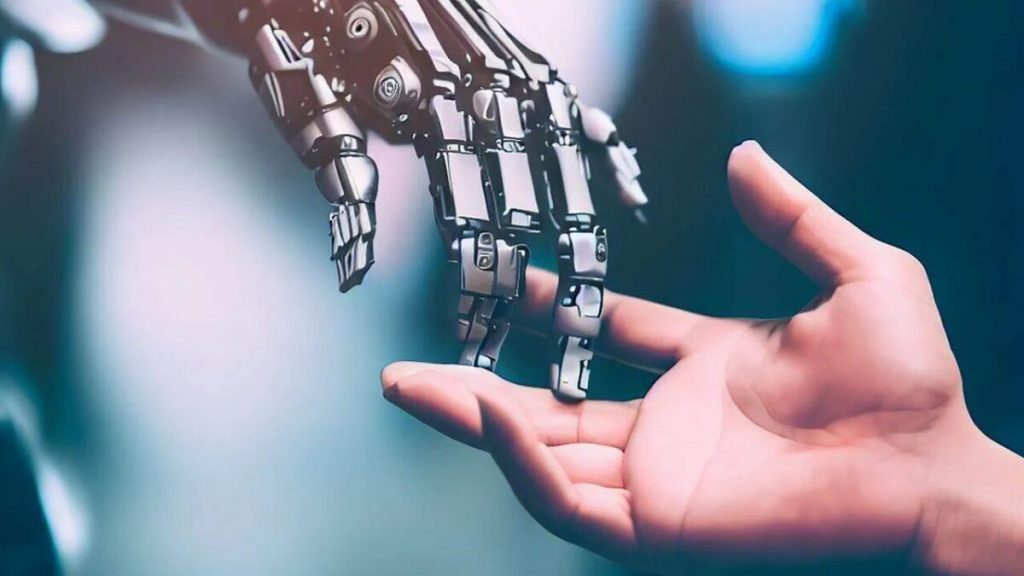
The phrase “survival of the fittest” is one of the most debated concepts in evolutionary theory, first coined by Herbert Spencer in the 19th century. While it originated in the realm of biology, describing how species evolve and adapt to their environments, it has transcended into broader contexts, including business, society, and technology. Today, in a world increasingly shaped by technological advancements, the phrase takes on new meaning as the emergence of artificial intelligence (AI) presents challenges and opportunities for humanity.
As AI continues to develop at a rapid pace, it raises crucial questions: How do humans adapt to this ever-evolving landscape? Will we thrive in this new world, or will we become obsolete? The intersection of AI and idea of “survival of the fittest” offers an intriguing perspective on how individuals, companies, and even societies might navigate this transformative age.
AI: A Double-Edged Sword
Artificial intelligence can be seen as both an ally and an adversary in the race for survival. On one hand, AI promises a future of increased productivity, improved healthcare, and innovative solutions to age-old problems. It is already revolutionizing industries like manufacturing, finance, and healthcare. On the other hand, AI’s rapid development has also raised fears about the displacement of human labor, privacy erosion, and its potential to be used in malicious ways.
Human Adaptability: The Key to Survival
While AI presents significant challenges, the survival of humanity does not solely depend on the machines; it hinges on how we respond to them. Humans have historically adapted to changes in their environment—whether it be industrial revolutions or digital revolutions—and now, the AI revolution is no different.
In this context, human adaptability becomes the most critical factor for survival. Humans possess a unique set of characteristics that machines still cannot replicate: creativity, emotional intelligence, and the ability to think critically and abstractly.
Embracing Change: The Road Ahead
In the age of AI, survival does not necessarily mean competing with machines, but rather learning how to coexist with them in a way that benefits humanity. The most “fit” humans in this new world will be those who embrace the change, adapt to new technological landscapes, and use AI to enhance their capabilities rather than fear it.
As with past revolutions, the rise of artificial intelligence is a call for humans to evolve. The challenge lies not just in how we manage AI, but in how we redefine what it means to be human in an increasingly automated world. If we can adapt, foster new skills, and work alongside AI, we can ensure that our survival and success are not just about being the fittest, but about being the most innovative, adaptable, and ethical.
In the end, the “fittest” are not those who resist change, but those who adapt to it, and the emergence of AI offers the perfect opportunity for humans to prove just how resilient, resourceful, and capable we truly are.
